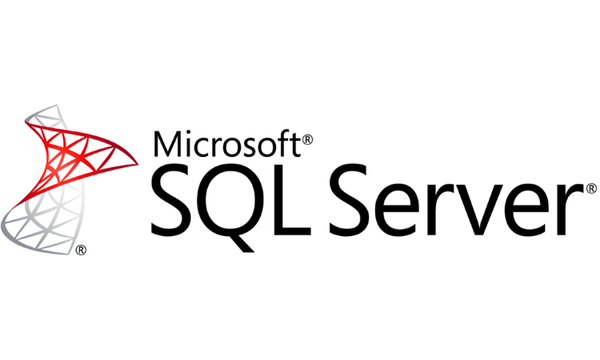SQL Server monitoring is something which every database administrator and business decision-maker should take seriously, as if this valuable resource is taken out of action unexpectedly, or is operating sub-optimally, then the ramifications could be serious.
If you are still unconvinced, here is a look at the main reasons that you should treat SQL server monitoring with respect.
Persistent monitoring pays you back with time to focus on other duties
With the help of SQL Server monitoring software, of which there are many effective tools to choose between, you will be able to automate the more tedious aspects of keeping mission-critical infrastructures up and running.
From a purely practical perspective, this will mean that the amount of time you need to dedicate to monitoring and maintenance each day will shrink to being far more manageable than might otherwise be the case.
In turn, this lets you choose to invest your time and energy into other aspects of your role, rather than feeling like you are either fighting a constant battle to maintain a server or expecting that a serious problem might arise at any point to monopolize your schedule indefinitely.
Proactive analysis will improve your troubleshooting skills
Another reason to always stay on top of your server monitoring responsibilities is that you will be able to detect problems sooner and find solutions to overcome them without needing to rely on guesswork.
Troubleshooting skills can develop and improve the more attention you give to the critical nature of SQL Server monitoring, and the aforementioned tools will provide you with analytical capabilities and auto-generated alerts that will further assist you on your quest.
From tracking down troublesome queries that are causing increased wait times to identify processes that are hogging system resources unnecessarily, the greater your use of monitoring tools, the more effectively you will be able to address issues whenever they rear their heads.
Consistent server performance benefits the entire organization
No matter the function your SQL Server infrastructure fulfills within your organization, it is necessary to accept that if it is not properly monitored, maintained, and optimized, then the knock-on effects will be felt in every other department.
Sluggish performance can compromise productivity, confuse end users, frustrate customers and generate all sorts of additional costs. Unplanned downtime is far worse, but is the ultimate result of indifference to server monitoring that affects companies surprisingly regularly.
On the other hand, the steps you take to keep your server operating like a well-oiled machine will be advantageous in an equal and opposite way. While you might not necessarily get the recognition you deserve for this, you can rest easy in the knowledge that a job of a DBA is crucial to any business that employs them.
Monitoring leads to future-proof decision making
Monitoring SQL servers is not just about seeing how well they are performing at the moment, but also predicting how long they will be adequate for the needs of the organization, and at what point changes or upgrades will be needed to avoid this becoming a bottleneck.
This demonstrates the holistic, wide-ranging impact of SQL Server monitoring, and should prove to even the most stubborn of skeptics that it simply cannot be ignored in a modern business setting.
Read Dive is a leading technology blog focusing on different domains like Blockchain, AI, Chatbot, Fintech, Health Tech, Software Development and Testing. For guest blogging, please feel free to contact at readdive@gmail.com.





